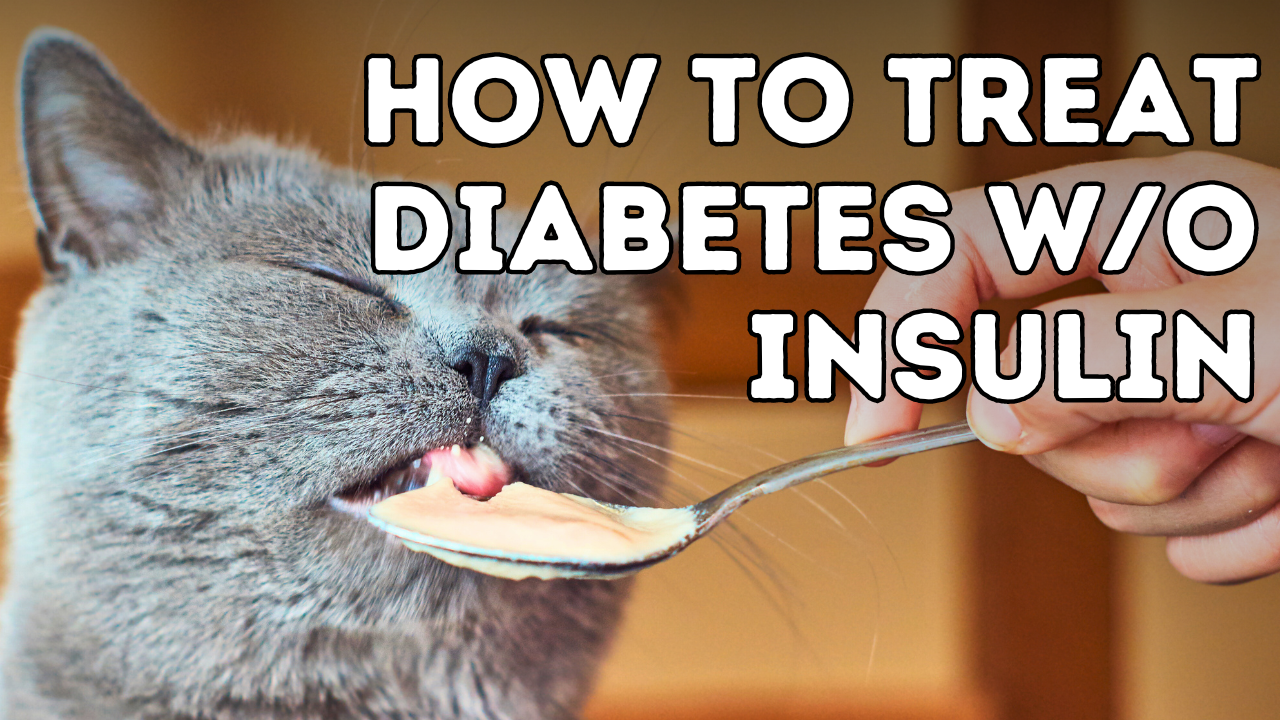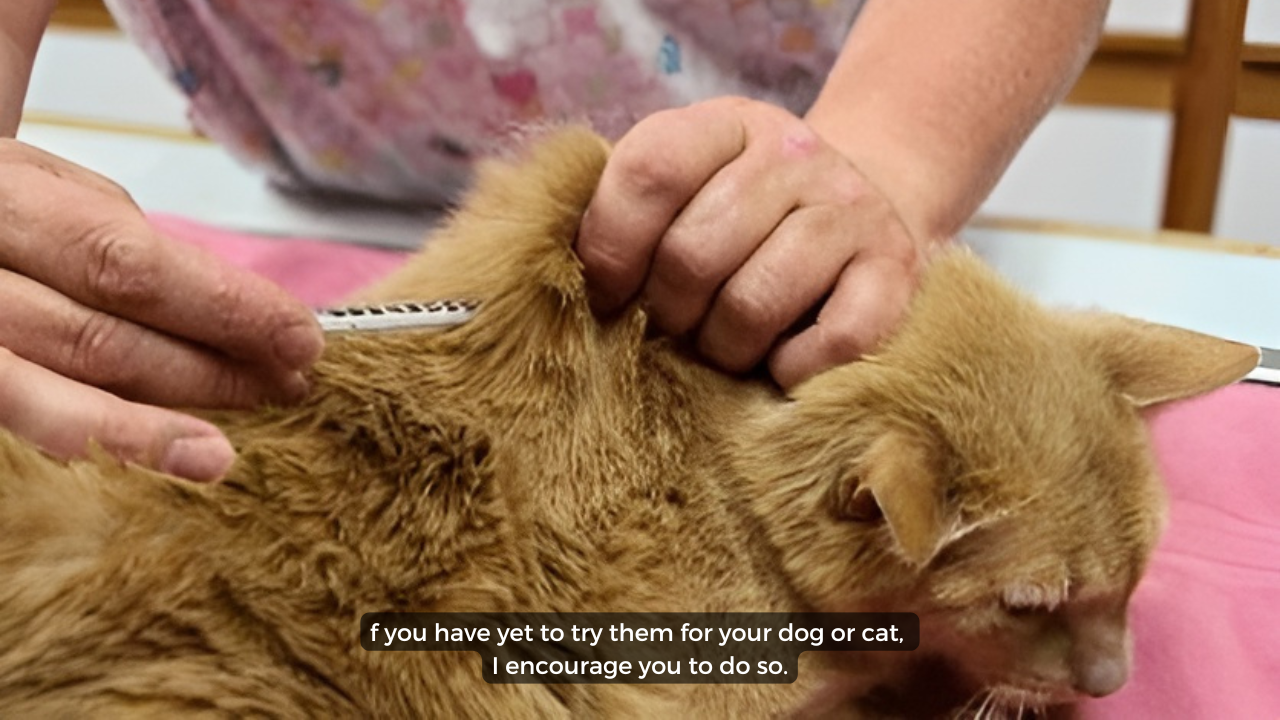How to Treat Diabetes without Insulin

Diabetes is an epidemic in our pets- it’s just way to common, and giving injections to your dog or cat is something you DON’T want to do. There are certain supplemental nutrients which may help, including colostrum and probiotics.
My supplements. Dr Jones’ Ultimate Canine Health Formula and Dr Jones’ Ultimate Feline Health Formula have both Colostrum and Probiotics!
If you have yet to try them for your dog or cat, I encourage you to do so.



Understanding Diabetes in Dogs and Cats
The Cause and a Surprising “Natural" Cure
As a veterinarian, I often see cases of diabetes in both dogs and cats. Diabetes arises when the pancreas doesn’t produce enough insulin (Type 1, most common in dogs), or when cells no longer respond to insulin (Type 2, most common in cats). This leads to high blood sugar levels, causing symptoms like increased drinking and urination.
Dietary Factors Contributing to Diabetes
A key issue is the high carbohydrate content in kibble, which significantly elevates glucose levels. Pets struggle to break down these glucose surges quickly, likely overwhelming the pancreas and reducing insulin sensitivity over time.
First Steps to Take
If you suspect your pet has diabetes, it’s crucial to have this confirmed by your veterinarian. Initial treatment usually involves insulin, but with diet alterations, some pets may reduce or even eliminate their need for insulin therapy. I recommend discussing long-acting insulins, such as Glargine (Lantus), with your vet, as they can be more effective for difficult-to-regulate cases.
Essential Dietary Changes
Switching to a diet containing less than 5% carbohydrates and rich in protein is vital. Eliminate dry kibble in favor of canned, homemade, or raw diets. Brands like Wellness, Fancy Feast, and Nature’s Variety offer suitable commercial options. This change has helped about 50% of diabetic cats in my practice reduce their dependency on insulin.
Nutritional Supplements that Help
Essential Fatty Acids
Omega-3 fatty acids, such as those found in krill oil, can increase insulin sensitivity. I recommend a dosage of 500mg of Krill per 10 pounds of body weight daily, which is effective and avoids the toxins often found in fish oil.
CBD (Cannabidiol)
CBD has shown potential in reducing insulin resistance and moderating blood sugars due to its anti-inflammatory properties. The dosage I suggest is 3 mg per 10 pounds of body weight daily.
Coenzyme Q10
This naturally occurring compound can aid carbohydrate metabolism and is often deficient in animals with diabetes. Supplementing with Coenzyme Q10 can significantly lower blood sugar levels and may help manage diabetic retinopathy. The recommended dose is 20mg per 10 pounds daily.
Chromium
Chromium helps improve glucose tolerance and manage insulin levels. It can be supplemented via brewer’s yeast or chromium chloride. The dosage for pets is 1 teaspoon of brewer’s yeast per 10 pounds daily.
Probiotics and Colostrum
Both probiotics and colostrum can play roles in managing diabetes. Probiotics, like Lactobacillus acidophilus, reduce low-level inflammation and improve glucose tolerance, while colostrum has been shown to boost insulin sensitivity and enhance metabolic rates.
Heal Your Pet at Home
To support your diabetic pets effectively, consider my Ultimate Canine and Ultimate Feline Health Formulas, which include these key nutrients to help reduce inflammation and improve insulin response. My diabetic cat Murray has significantly benefited from these adjustments, successfully coming off insulin injections.
With the right care and dietary management, you can dramatically improve the quality of life for your diabetic pets.

My cat has been a year and 5 months on lantus; started with 1 unit per 24 hours for almost a year and for 5 months 1 unit every 12 hours. He is on high protein low carb diet, tried several and different forms of meal times, 2, 3, 4 and 5 times a day. His BG has not been regulated. Recently the best option was twice a day meal time (half a can in morning and half in evening, 12 hours apart). However most time his BG is elevated around 20s in the morning and normal in evening. I really want him to be off insulin. what else can I do? he has been to vet many times, he has been also to internal medicine specialists couple of times, but I dont see a real help. what else can I do?
Yes, better get rid of Insulin, and here are some tips for you:
https://veterinarysecrets.com/?s=cat%20diabetes